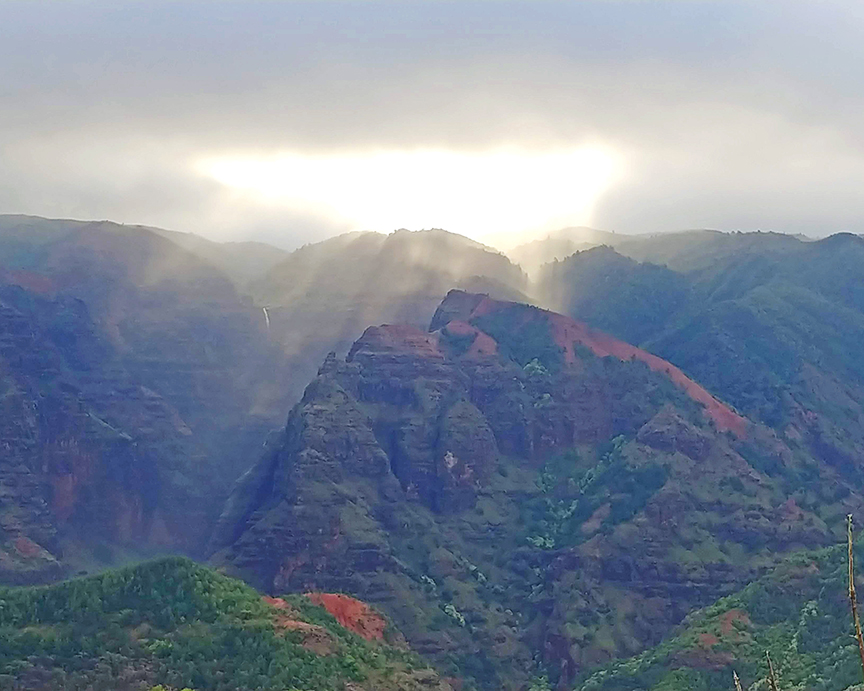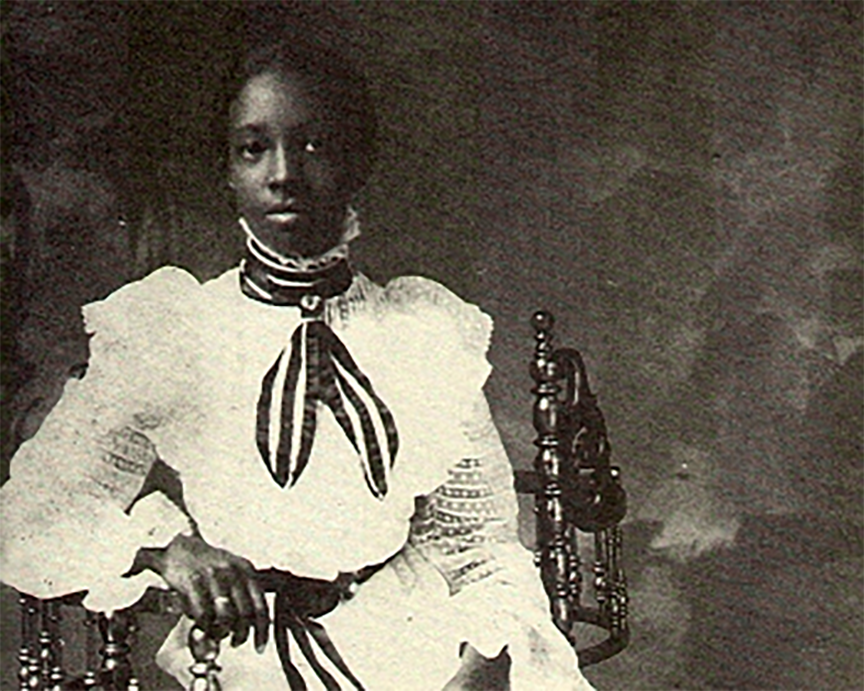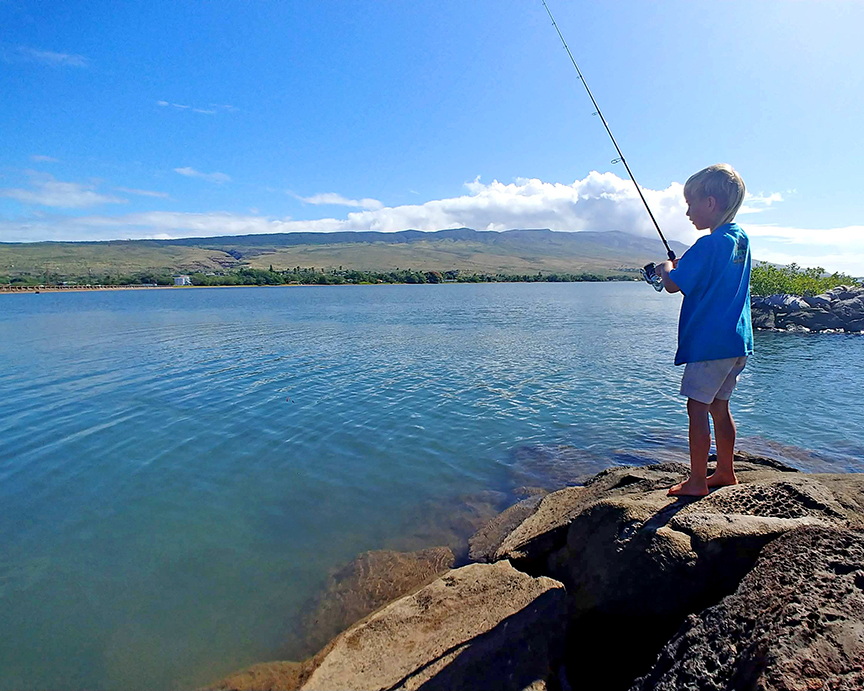By Léo Azambuja

Léo Azambuja
This story has been told countless times and in many different ways. But in its core, it has always been about basic civil and human rights. So I’m just going to pick the version told by the late Mary Kawena Pukui.
Kamehameha I needed human sacrifices for a heiau, or temple, he was building. The more people sacrificed for a certain heiau, the greater its power. So the story goes that Kamehameha was on a canoe, along with his retainers, paddling along the coast looking for victims for the new heiau. When he saw two fishermen on the shore, he told his retainers to stay put and went alone after the men.
The men didn’t know who Kamehameha was, but when they saw the strong, tall and weapon-skilled ali‘i charging toward them, they fled. As Kamehameha was about to get a hold of one of the fishermen, his foot got caught in a lava fissure, and he fell down. The fisherman turned around and slammed his paddle on Kamehameha’s head so hard that the paddle splintered.
The ali‘i blacked out momentarily, and when he regained consciousness, he heard one of the men questioning the other why he didn’t kill Kamehameha while he laid defenseless. The other man’s response was, “Ua kapu ke ola na Kāne,” which can be translated to “Life is sacred to Kāne.”
Kamehameha was well aware the men could have easily killed him, but chose otherwise. Impressed with their reverence for life, Kamehameha put an end to human sacrifice and promulgated Kānāwai Māmalahoe, or The Law of the Splintered Paddle:
Oh my people
Honor thy god
Respect alike, the rights of
All men great and humble
See to it that our aged,
Our women, and children
Lie down to sleep by the roadside
Without fear of harm
Disobey, and die
The Law of the Splintered Paddle was declared in 1797. The new law guaranteed basic civil and human rights to the subjects of the Hawaiian Kingdom. They became free to move around without fear of being harmed. To this day, The Law of the Splintered Paddle can still be found in Hawai‘i’s constitution.
It has been more than 200 years since that fisherman broke his paddle on Kamehameha’s head, prompting the famous law. In January 1893, the Hawaiian Kingdom was overthrown by a coup-de-tat, and five years later annexed by the United States as a territory. In 1959, Hawai‘i became the 50th U.S. state.
But being part of the largest democracy in the world doesn’t necessarily mean civil and human rights are fully protected. Though the second paragraph of the U.S. Declaration of Independence states “all men are created equal,” and are endowed certain unalienable rights, including “life, liberty and the pursuit of happiness,” there is still inequality in this country.
The good news is that we are seeing more and more people engaged in effecting positive changes. In a democracy, the people have freedom of speech, the right to a fair and public trial, the right to due process, the right to vote freely, the right to worship freely, the right to assembly peacefully, and the list goes on.
If we feel our government is failing us in assuring any of these and other rights, then let’s hold the splintered paddle to our elected officials, either local, state or federal. Kamehameha would be proud.
Discover more from ForKauaiOnline
Subscribe to get the latest posts sent to your email.





Leave a Reply